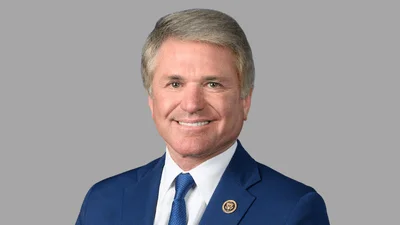WASHINGTON - Ways and Means Committee Ranking Member Sander Levin (D-MI) today issued the following statements in response to a provision in the House Republican budget resolution that would make it significantly more difficult for Congress to prevent a 20 percent cut to Social Security benefits, should the budget be adopted by the Senate. The provision creates a new point of order in the House and the Senate preventing Social Security from using its trust fund reserves (estimated at $2.8 trillion) to prevent a scheduled benefit cut unless the legislation also includes Social Security benefit cuts or tax increases.
“We’ve seen these Republican attacks on Social Security before. The disguise varies, but the agenda is always the same - cuts in guaranteed benefits," said Rep. Levin. “This provision in the Republican budget, which mirrors a recent rule change in the House, is just one more attack on hardworking Americans at a time when they can least afford it."
The provision is nearly identical to a House Rule adopted earlier this year, which provoked strong opposition from AARP, the National Committee to Preserve Medicare and Social Security, and the Consortium of Citizens with Disabilities, but it would also apply in the Senate, where points of order are particularly challenging to overcome.
Background:
American workers contribute to Social Security with each paycheck, and their contributions are divided between two trust funds, OASI and DI. Currently, 11 million workers and family members receive benefits paid from the DI Trust Fund, and 48 million from the OASI Trust Fund, although all workers contributed to both funds.
Although Social Security’s combined trust funds have a current balance of $2.8 trillion and are projected to be fully solvent until 2033, the DI Trust Fund is projected to have a shortfall starting in 2016. If not addressed by Congress, the shortfall will force a 20 percent benefit cut for all 11 million Americans being paid from the DI Trust Fund.
President Obama has proposed to reallocate a small portion of the reserves in the OASI Trust Fund to prevent a DI shortfall, something that Congress has directed 11 times in the past.









